- #granvilleoils #tradeshow #motortradeshow 1
- 0w/20 1
- A Bit Of Fun 3
- Abro 1
- Additive Packs 1
- Additive tanks 1
- Aftermarket 4
- Air Conditioning 4
- Animated Cars 1
- Antifreeze 9
- Article 2
- Auto Express 1
- Automatic Transmission 2
- Automechanika 7
- Automotive 35
- Autosol 3
- Autumn 2
- award 1
- Awards 2
- Baring 2
- blow moulding 1
- bottle 2
- bottles 1
- Brake Fluid 1
- Brakes 2
- Brand Focus 2
- Brands 1
- brochure 2
- business 1
- C3 2
- C4 1
- Capacity 1
- Car Wash 5
- carcare 2
- carcleaner 1
- carinterior 1
- Cars 5
- Catalogue 3
- Chemical 7
- chemical plant 1
- Cleaners 1
- Cleaning 10
- cockpit shine 1
- cockpitshine 1
- Cold Weather 4
- company 1
- company brochure 1
- Coolant 5
- Corporate 5
- cutting-edge 1
- design 4
- Dexos 1
- dubai 2
- dv5r 1
- eb2dt 1
- emergency puncture repair 1
- engine oil 3
- ep 1
- EV 1
- evolution 1
- exhibitions 2
- Facts 6
- Favourite Cars 1
- Flunkey 1
- Frankfurt 3
- FS 1
- fs pc 1
- fs rn 1
- Fuel 1
- Garden 1
- Gear Oil 3
- Germany 3
- Granville 10
- Granville bottles 1
- Granville brochure 1
- Granville catalogue 1
- Granville new tanks 1
- Granville Oil 42
- Granville Oil tanks 1
- Granville Oils 2
- Granville Oils Site 1
- Granville tank farm 1
- Granville tyre repair 1
- granvilleoil 4
- graphic 1
- Grease 2
- Gunk 1
- History 1
- homepage 1
- Hypalube 4
- identity 1
- ISO 14001 1
- James Bond 1
- James Holland 1
- logo 1
- Lubricant 18
- lubricants 2
- lubricating oils 1
- Machinery 2
- madeinuk 1
- Maintenance 20
- Manual Transmission 3
- manufacturing 1
- Mechanic 3
- mid saps 2
- motor 2
- Motor Factor 2
- Motor Oil 22
- motoring 3
- Motoring Problems 16
- mtf 1
- new engine oil 1
- new fully synthetic oil 1
- new Granville product 2
- new logo 1
- new packaging 1
- New Product 9
- new products 1
- NGLI 1
- Nova Car Care 3
- Nürburgring 1
- OEM 3
- oil 3
- packaging updates 1
- Paint 1
- Pets 1
- plastic 1
- PMF 1
- Polish 1
- Powertron Ultra 1
- premium oils 1
- product 2
- Product Feature 4
- Product Release 8
- production 1
- Products 3
- profinish 1
- puncture repair product 1
- Rain X 2
- Range 1
- rebrand 2
- rebranding 1
- recruitment 1
- refresh 1
- RN17 FE 1
- Screen Wash 1
- Screenwash 1
- September 2
- Show 1
- Sintron 1
- smartphone 1
- Spring 1
- staff 1
- stop start 1
- Summer 2
- tank farm 1
- tanks 1
- team 1
- Technical 22
- technolube 1
- Trade Show 5
- transmission 1
- Transmission Fluid 6
- Turtle Wax 4
- TV Cars 1
- tyre aid 1
- Tyre Safety 1
- Universal 1
- upgrade 1
- Valeting 9
- Veedol 10
- Veedol OEM 1
- Ventilation 1
- Wax 1
- website 2
- Windscreen 3
- Winter 3
- workmilestone 1
- 2024
- Dec 2
- Oct 2
- Sep 2
- Jun 3
- May 2
- Apr 6
- Jan 1
- 2023
- Dec 1
- Sep 1
- Jul 2
- Mar 4
- 2022
- Nov 2
- Oct 1
- Sep 1
- Aug 1
- Apr 1
- Feb 1
- Jan 1
- 2021
- Nov 1
- Aug 1
- Apr 1
- Mar 1
- Feb 1
- 2020
- Sep 2
- Jun 1
- May 1
- Mar 1
- Jan 1
- 2019
- Oct 1
- Sep 2
- Jun 1
- May 1
- Apr 1
- Mar 2
- Feb 2
- 2018
- Dec 1
- Sep 2
- Aug 1
- Jul 1
- May 1
- Apr 1
- Mar 1
- Feb 1
- Jan 1
- 2017
- Jul 2
- Jun 2
- Feb 2
- Jan 2
- 2016
- Dec 2
- Nov 2
- Jul 4
- Jun 5
- May 3
- Mar 2
- Feb 3
- Jan 2
- 2015
- Nov 1
- Oct 3
- Sep 1
- Aug 2
- Jul 4
Get More For Your Money with Our Top 5 Tips for Saving Fuel
Petrol prices are at a 4-year high thanks to inflated crude oil prices and a weak pound – not great news unfortunately but we’ve come up with a list of tips which can help you economize your fuel usage.
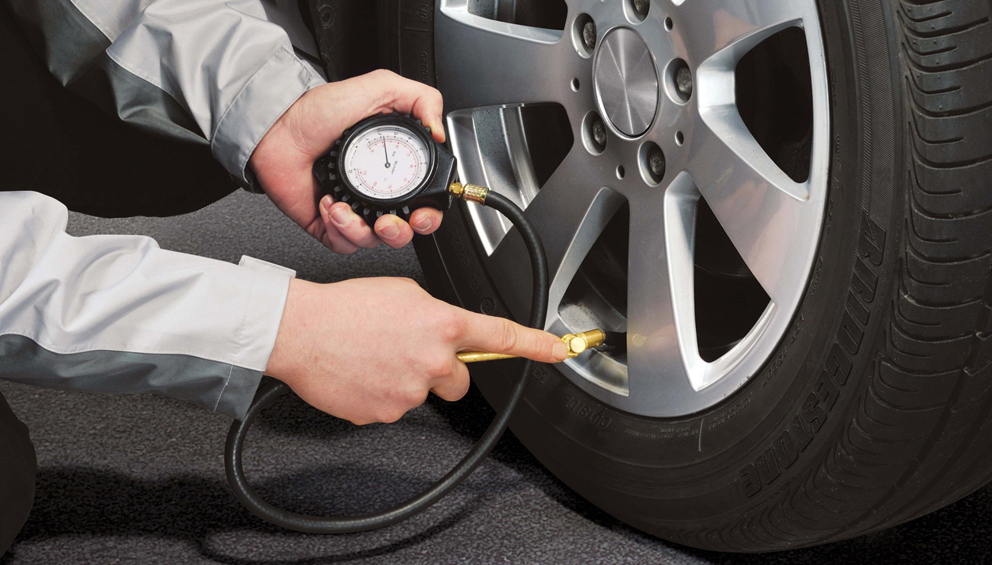
1. Make sure your tyre pressure is correct.
Under-inflated tyres can have a detrimental effect on several components on your vehicle, including suspension, braking, steering and fuel consumption. Tests show that under-inflated tyres have increased rolling resistance, leading to around 6% greater fuel consumption. Refer to your car’s manual to ensure you have the correct amount of pressure in them.
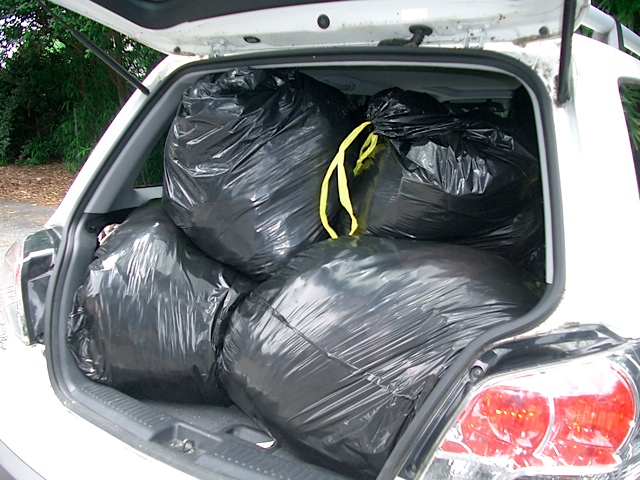
2. Remove any excess weight
You might not think that all that junk in your boot would have a negative impact on your cars fuel consumption, but it can cause drag, decreasing your fuel efficiency. So remove roof racks when you’re not using them and clear your boot out of any boxes and junk and you could see improved mileage of up to 8%.
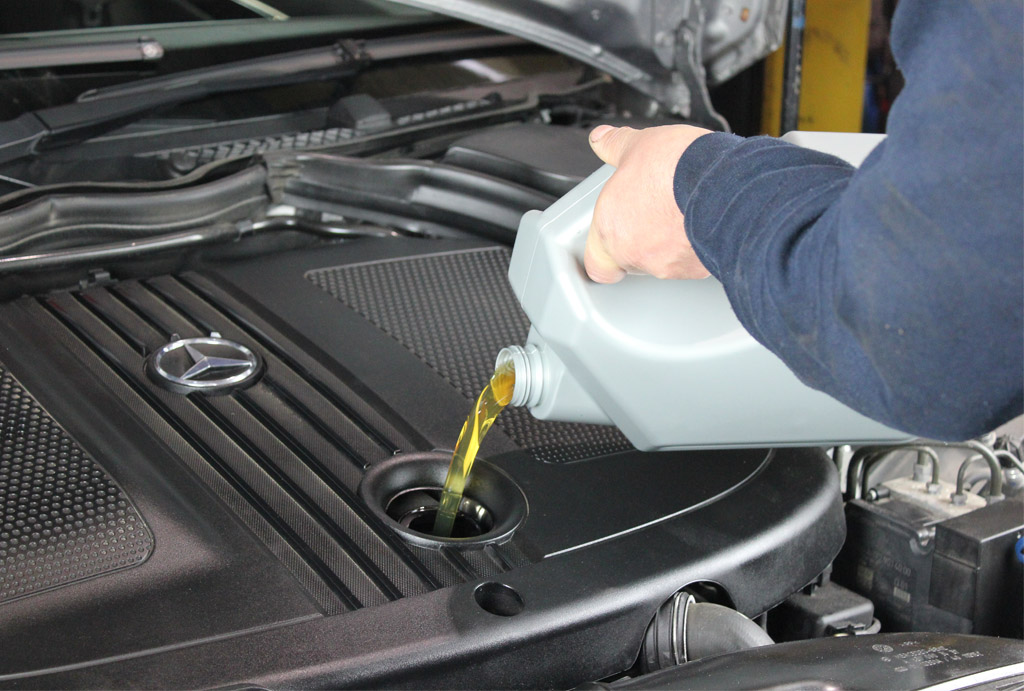
3. Change your oil
We recommend changing your oil a minimum of every 3000 miles to ensure your vehicle performs to its fullest potential. If you leave it too long between changes, oil can go thick and sludgy, losing its viscosity, which in turn means that it can’t reach where it needs to go in the engine. This makes the engine work harder causing an increase in fuel consumption. Here at Granville Oil & Chemicals we supply a huge range of oils that are suitable for your needs, use our handy Lubricant Advisor tool to find out which one will work best for you.
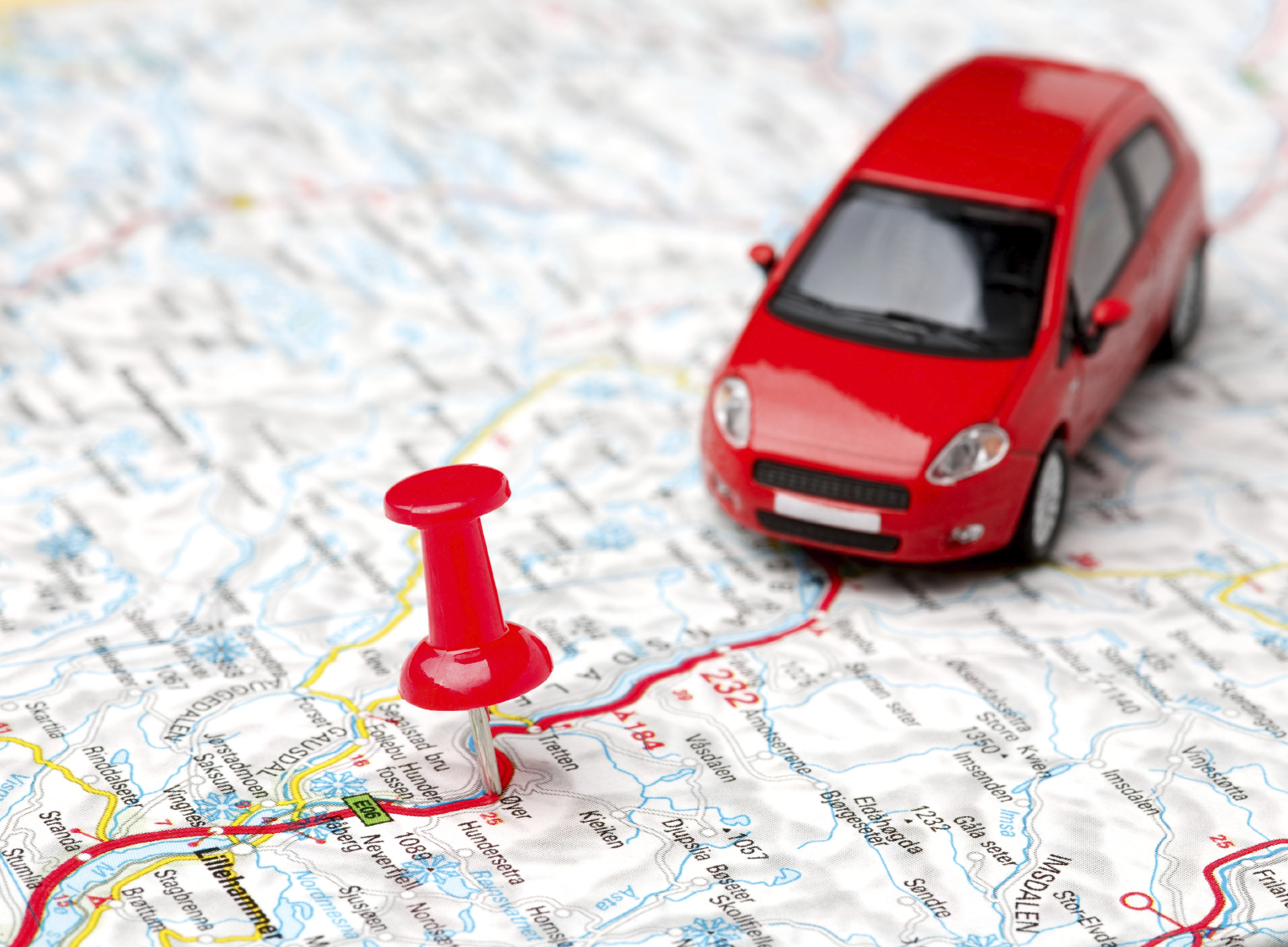
4. Plan your route
It goes without saying but one way to reduce fuel consumption is to drive fewer miles. If you’re off to pick the kids up from school, it makes sense to stop by the shop on your way for that pint of milk, rather than make two separate journeys. You could also start by optimising your daily driving routes – for example, a route with fewer miles might not always be the most efficient if you’re always stopping and starting for traffic! Where possible, use a Sat Nav before starting your journey and you could start to see an increase in fuel efficiency.
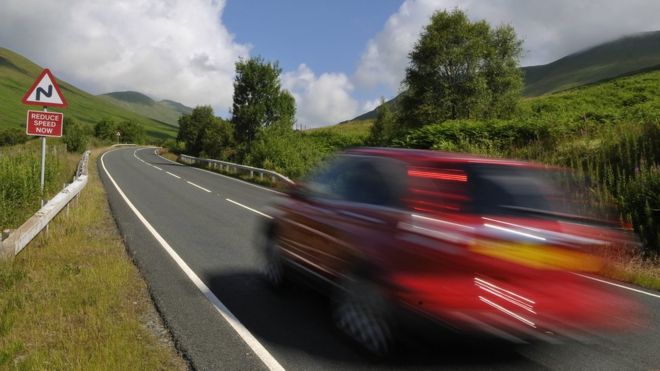
5. Don’t put the pedal to the metal!
How you drive can have a huge impact on your vehicles fuel efficiency. Being gentle when accelerating and braking is key but always remember to ‘read the road’ – pulling out of a junction very slowly might seem like a good idea but it can raise safety issues for other drivers. Change up to a higher gear when possible, sticking to around 2000 – 2500 RPM as a changing point, so that your engine isn’t struggling and if your car has a Start / Stop function then make sure your using it.
Article first published Friday 17th Aug 2018 09:23:29